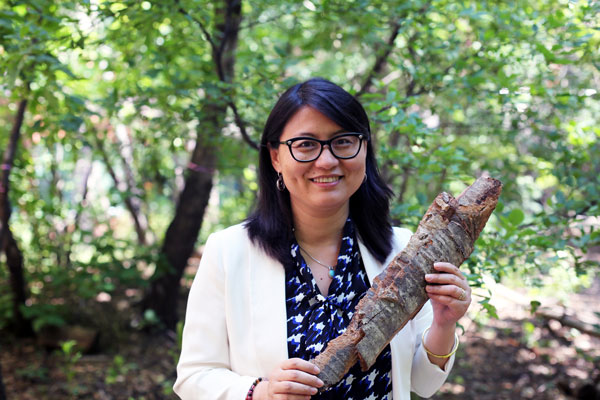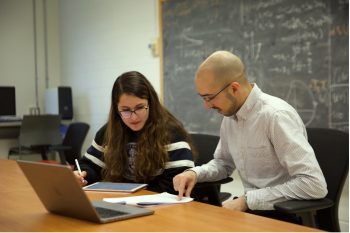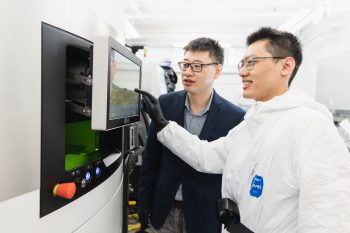With 347 million hectares of forest land — about 9 per cent of the world’s total — Canada is a leader in forest products, from softwood lumber to newsprint. But many parts of the tree, such as bark, aren’t currently used for any product; they are either burned for energy or discarded.
Professor Ning Yan (ChemE) hopes to change that. She recently became a full-time professor at the Faculty of Applied Science & Engineering’s Department of Chemical Engineering & Applied Chemistry, but has been cross-appointed to the Department for several years, and has nearly 20 years of experience as a U of T professor in the Faculty of Forestry, specializing in the chemistry of wood and bark. U of T Engineering writer Tyler Irving sat down with Yan to find out more:
Can you describe the focus of your research?
My research focus is to develop sustainable bio-based chemicals and materials using renewable forest biomaterials as feedstock. These would be greener than the current options, which are based on fossil fuels.
One project we have worked on extensively involves what we call a bark biorefinery. Just as an oil refinery uses a single feedstock (oil) to produce a variety of products, we are developing platform technologies that can use tree bark as precursors and building blocks to produce value-added bio-based resins, adhesives, polyols, and foam products for applications in construction and automotive sectors. These novel bark-derived products have potential to enhance sustainability while generating higher value from Canadian forest residues.
What are you most looking forward to in your new position?
I look forward to being more engaged in teaching students in the Faculty of Applied Science and Engineering. I also look forward to expanding my research collaborations and partnerships in the area of forest biomaterials engineering.
As a professor, what one piece of advice would you give to new students?
One of the most important skills you can learn is efficient time management. Setting smart goals and being realistic about what can be accomplished in a given period of time is a key requirement for success. It’s a skill that will serve you well no matter where your future career leads you.



